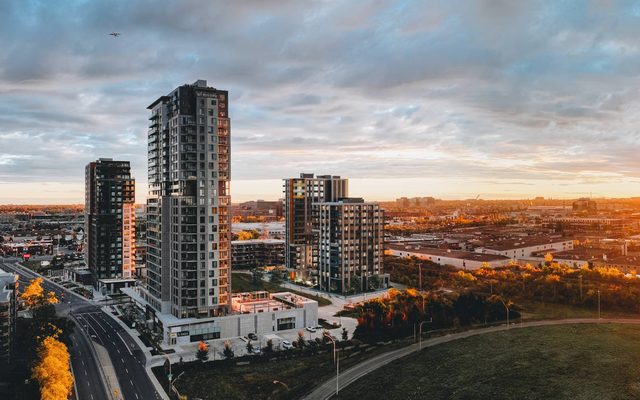- What The capital gains inclusion rate increase will now take effect in 2026
- Why The government’s planned tax measure has faced widespread disapproval
- What next The Liberals face an uphill battle getting related legislation approved
The federal government announced the deferral of Canada’s capital gains inclusion rate increase, just one day before U.S. President Donald Trump promises to place punishing import tariffs on Canadian goods and services.
Minister of Finance Dominic LeBlanc made the surprise announcement Friday, saying the government still plans to move ahead with the tax increase, but not until Jan. 1, 2026 — about a year and a half later than the original June 25, 2024, implementation date.
The Canada Revenue Agency, which administers the changes to the capital-gains inclusion rate, confirmed the new effective date in an email to Green Street News.
LeBlanc didn’t provide a clear reason for the change. In early January, the Canada Revenue Agency told Green Street News it would administer the changes even though they haven’t been approved by Parliament, citing “parliamentary convention” that taxation proposals be effective as soon as the government tables their official plan.
LeBlanc said the government will introduce legislation regarding the capital gains changes. The plan calls for the inclusion rate to rise from 50% to two-thirds on capital gains realized annually above $250,000 by individuals, corporations and most types of trusts.
Market pros in Canada’s commercial real estate industry said the national economic picture has changed significantly since the measure was first unveiled in early 2024 – months before Trump was elected and took office.
“At a time when the U.S. – our largest trade partner – is turning inward with protectionist policies, Canada should be doing the same: strengthening our own economy and encouraging investment,” said Sean Fleming, EVP and managing director of the Equity Capital division at Cameron Stephens in Toronto, to Green Street News. “Increasing capital gains taxes discourages exactly the kind of investment we need to grow and compete globally.
“A delayed tax increase is still a tax increase. At a time when commercial real estate is already dealing with higher borrowing costs and economic uncertainty, we should be focused on stimulating growth and investment, not adding more financial burdens.”
Trump has promised to apply the 25% tariff to all Canadian imports, while Prime Minister Justin Trudeau said Canada would reciprocate.
LeBlanc also announced a number of other changes to the capital gains tax increase.
Effective Jan. 1, 2026, he said the lifetime capital gains exemption would increase to $1.25m, up from $1m, on the sale of small business shares and farming and fishing property.
Significant uncertainty still lingers over the tax increase. Trudeau prorogued Parliament earlier this month so the Liberal Party can choose a new leader on March 9. It’s unclear who his successor will be or where they stand on the controversial measure.
The Liberals also face an uphill battle to have their legislation approved in Parliament, where they will need the support of at least one of the opposition parties.




